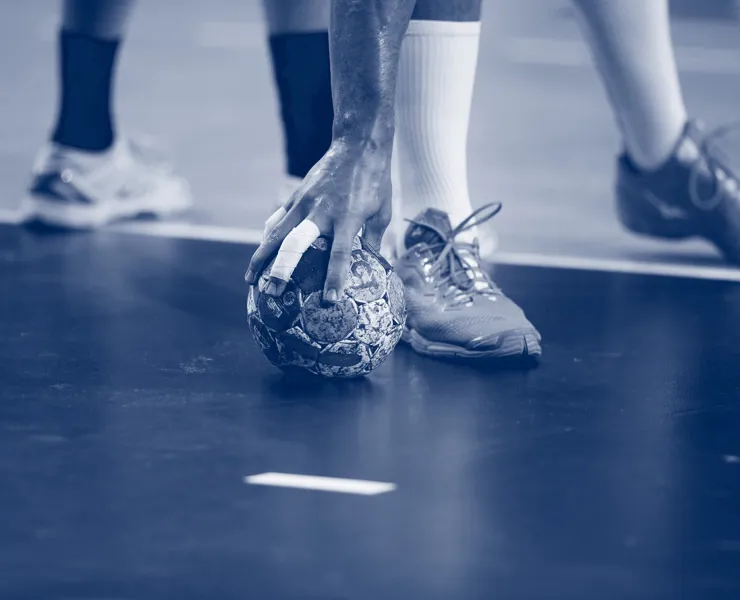
Wiederer: EHF will do its utmost to influence beach handball uniform change
EHF President Michael Wiederer says the European Handball Federation is committed to doing everything in its power to influence the adaptation of beach handball uniform rules in the wake of the demonstration of the Norwegian women’s beach handball team at the EHF Beach Handball EURO.
The EHF were following regulations outlined by the International Handball Federation (IHF) by fining the team a total of 1,500 euro for a breach of these regulations when the team wore shorts in their bronze medal match against Spain on Sunday.
“I can confirm that the EHF will do all it can to ensure that a change of athlete uniform regulations can be implemented,” said the President.
“Significant efforts will be made in order to further promote the sport in the best way possible for everyone, regardless of gender.
“Women’s handball is treated equally in what concerns the competitions systems – and much earlier than in women’s football. Every single EHF EURO has been organised at the very highest level and done so in parallel every second year and with great success on and off the court.”
Wiederer said that – although changes in regulations could not happen overnight – decisions regarding the future of uniforms in beach handball were already initiated by 50 + 2 member federations at the EHF Congress back in April.
“Based on a motion submitted by the Norwegian Handball Federation, the topic was discussed at the EHF Congress and the Congress responded positively,” explained Wiederer.
“With the consent of the Norwegian federation it was agreed that an initiative for a clearly structured motion will be worked out on the level of the Beach Handball Commission already at its first meeting in August and coordinated with the IHF.
“The EHF Congress could not make any formal decision on regulations of the world federation at that point, and therefore a common approach was agreed upon and envisaged to take place after the Olympics.
“But I must reiterate: change can only happen at IHF level and we are committed to doing all we can to influence that.”
With the EHF proud of its development of the sport, including the initiation of competitive beach handball – it was the confederation which introduced the first continental championship in 2000 – the impact the last few days of media attention is not lost on Wiederer.
He added: “The EHF acknowledges the position of the players involved and further steps towards change, in close coordination with the IHF, are in motion.
“We are also very much aware of the attention the topic currently receives. Wherever a reasonable dialogue seems possible, I try to respond personally to these emails and letters, explaining the position of the EHF, while also listening to every other point of view on this matter.
“Furthermore, the EHF are following its own strategies of strengthening women and women in handball. 35 per cent of all function holders on a sport-political and technical level within the federation are women who continue to play their part in shaping European handball’s future.”






